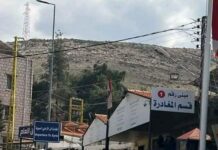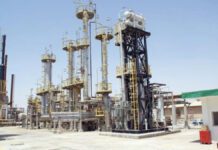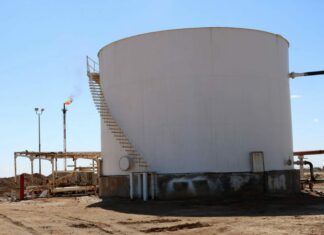
Israeli airstrikes targeted Hezbollah members in Lebanon and Syria on Friday, September 20, killing key figures in the group, including a top military commander. The strikes are part of an ongoing Israeli campaign against Iranian-backed Hezbollah, as tensions rise across the region.
In Lebanon, Israeli warplanes bombed a residential building in the Al-Jamous area of the southern suburb of Beirut, killing 14 people and injuring 66, according to the Lebanese Ministry of Health. Among those killed was Ibrahim Aqil, a high-ranking Hezbollah leader and head of the group’s elite Radwan Unit. The Israeli army confirmed the “targeted strike” on Beirut, with spokesperson Avichay Adraee stating the raid was carried out with “precise intelligence guidance.”
Aqil, also known as Tahseen, had been on the US government’s list of wanted terrorists for his involvement in the 1983 bombings of the US Embassy and Marine barracks in Beirut, which killed hundreds of Americans. Aqil, a veteran commander within Hezbollah, was responsible for overseeing military operations and was believed to be planning cross-border attacks against Israel. The US had offered a $7 million reward for information leading to his capture.
Meanwhile, in Syria, an Israeli drone strike near Damascus International Airport killed a leader from the Iraqi Hezbollah Brigades, a militia aligned with Iran. The London-based Syrian Observatory for Human Rights (SOHR) reported that the strike targeted a vehicle, killing one militia leader and injuring his companion. Although Syria’s state media did not confirm the attack, Israeli sources linked the strike to efforts to prevent the transfer of advanced weaponry from Iran to Hezbollah.
This latest round of Israeli assassinations marks a significant escalation in the shadow war between Israel and Hezbollah. Over the past year, Israel has intensified its targeting of Hezbollah leaders and Iranian-backed militias operating in Syria and Lebanon, to curb Tehran’s influence in the region.
Ibrahim Aqil was a senior commander within Hezbollah’s Radwan unit, a group responsible for special operations and planning attacks against Israel. Radwan Force has played a significant role in the Syrian revolution, supporting Assad’s military campaigns. It gained combat experience through its involvement in brutal offensives killing and displacing civilians, notably in the battles of Qusayr and Qalamoun. They were active in Aleppo, where operations contributed to widespread destruction and human rights abuses.
Israel has long employed a strategy of targeted assassinations against Hezbollah and Iranian-backed militias, particularly in Syria. Though they rarely claim responsibility for strikes, the Israeli military has openly acknowledged several operations aimed at preventing Hezbollah from obtaining advanced weapons, which could shift the balance of power in the region.
The recent strikes come in the wake of a series of devastating attacks targeting Hezbollah members in Lebanon via the remote detonation of pagers and hand-held two-way radios. Israel’s campaign against Hezbollah in Lebanon and Iranian proxies in Syria have led to concerns of a wider regional conflict. In response to the bombings, Hezbollah has vowed retaliation, while Israel remains on high alert for further escalation. As Israeli airstrikes continue to target Hezbollah’s infrastructure and leadership, the risk of a broader war looms large, with both sides prepared for a prolonged confrontation.








